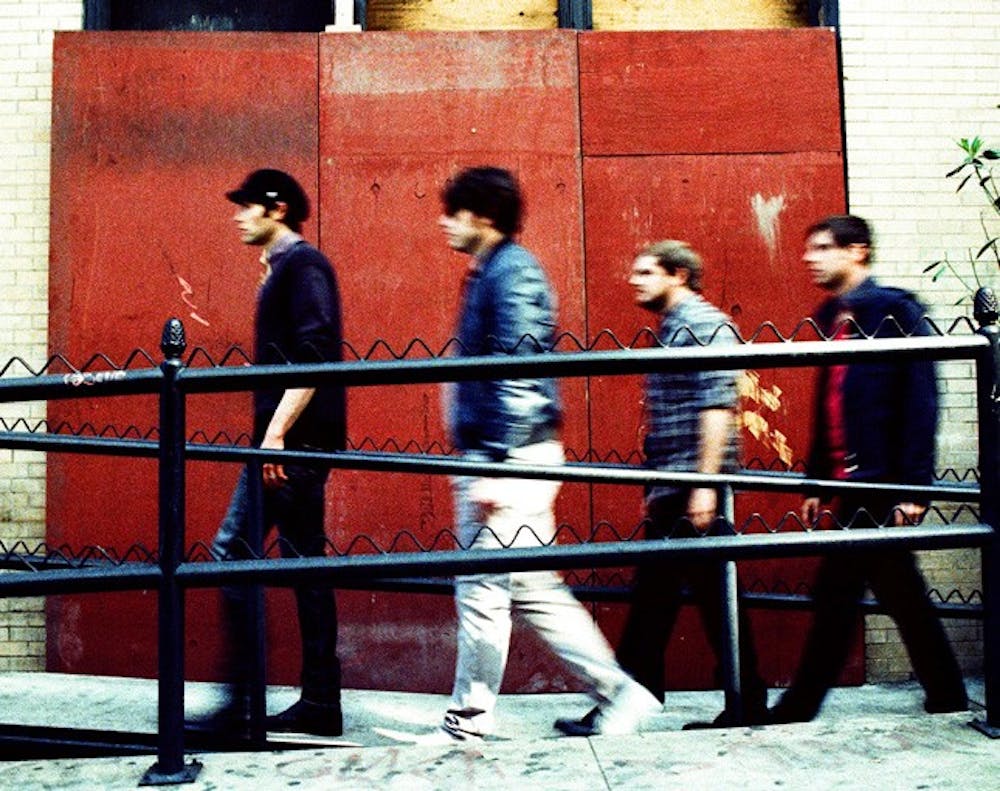“So cut my wrists and black my eyes,” sings lead vocalist JT Woodruff on “Ohio Is for Lovers,” a song that has been described as “The Emo Anthem.” Hawthorne Heights was made famous by its screamed vocals and catchy, intense rock ‘n’ roll.
The band took a new direction after the accidental death of guitarist Casey Calvert, and this week, Woodruff talked with Diversions Assistant Editor Joseph Chapman about the band’s upcoming acoustic tour.
Diversions: So how did you land on the album name Skeletons?
JT Woodruff: I guess this is kind of a darker record for us. We’re going through a lot of brutal life issues and I guess it just kind of fit to strip everything back to its beginning. You have to start with a skeleton no matter what kind of idea you’re thinking about and you start piling stuff on top of that. We wanted the album to be basic and just write about where we’re coming from.
Dive: Looking at just the visual aesthetic of the album, it looks like you guys are paying homage to the art surrounding the Day of the Dead, a Mexican festival that is more of a celebration of the dead than a mourning. Did you guys have this in mind when you put together the album?
JW: No, it’s kind of a coincidence. We chose our album name when we were writing and everything and then our drummer Eron (Bucciarelli) was really into this artist from Pittsburgh named Mike Egan and that’s exactly what he draws and everything. So he painted our cover and it was just kind of a happy accident I guess.
As it turns out, that’s kind of what the album is about: it is about thinking back on good terms in a good way and having good memories of the dead.
Dive: Do you feel that Hawthorne Heights has been pigeonholed as a screamo band?
JW: I guess people could say that. I don’t really read too much into that stuff. I’m not a big fan of like ten different subgenres of rock and roll. If it’s loud, if it has distortion – it’s rock and roll. I don’t think anybody needs to come up with some sort of fancy name for it because then you start listening to stuff just because it has that tag on it or you don’t listen to stuff because it has that tag on it.



